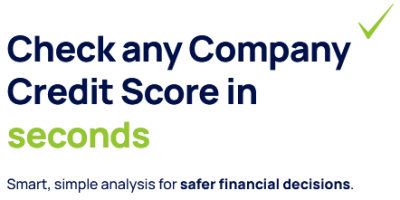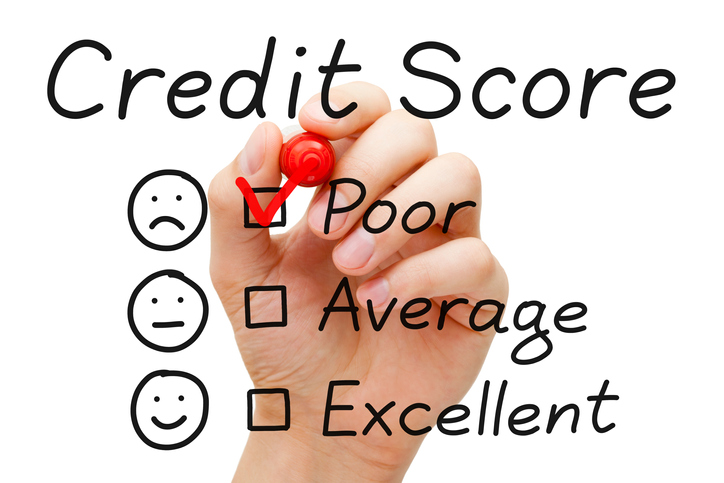A county court judgement or CCJ may be registered against a company when it owes money to a creditor that has not been repaid. A CCJ indicates the court has decided the money is owed, and the creditor may take steps to enforce payments through the courts. This usually occurs after a significant number of missed payments on a debt. It can be helpful to know how to run a check on a business to decide if you want to deal with them, particularly if the transactions are high value or would have a significant impact if they failed to pay. It can help inform you of any potential risks that may harm your own finances or influence your purchasing decisions.
Why do you need to know about CCJs?
You might want to protect yourself from risk when booking weddings, holidays or getting a new job. You can run credit checks on lettings and estate agents before committing to a new home to avoid potential downfalls. Knowing who you’re dealing with can go a long way to putting your mind at rest and helping you avoid risky financial decisions. When you’re handing over a great deal of money, it makes sense to want to know who’s in charge of it. Finding out about any outstanding CCJs or other financial issues can indicate a current problem with the business. A CCJ means the business has failed to pay a debt and a court has determined that the business needs to make repayments.
How to run a credit check on a business
Getting a credit report is as easy as requesting and purchasing one. The information is public knowledge, so you don’t need permission to access this type of report. Simply find the company through our search and follow the instructions to purchase and download your easy-to-read report.
Typically you’ll get the full company name and background information, financial information, a summary of accounts and payment history, and details of CCJs or bankruptcies registered against a company.
Your report may also include a credit score which is a number designed to quickly indicate the overall financial health of the business. It is calculated from many different factors, which may include the age and size of the business, industry and credit history and utilisation.
You’ll find details of any CCJs in the financial history. This may include the date, the company to which the business is in arrears and the amount of arrears. A CCJ is one of the most serious indicators that all is not well with a business, but it may be sensible to look at the other recent financial history. Check for missed payments or whether the accounts are in good standing to get the full picture.

